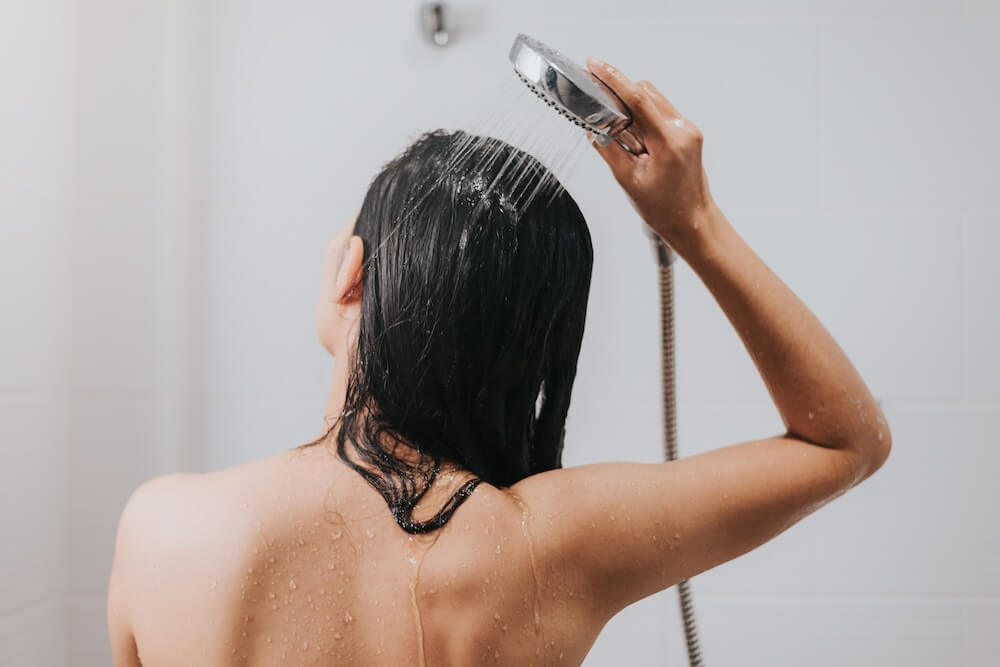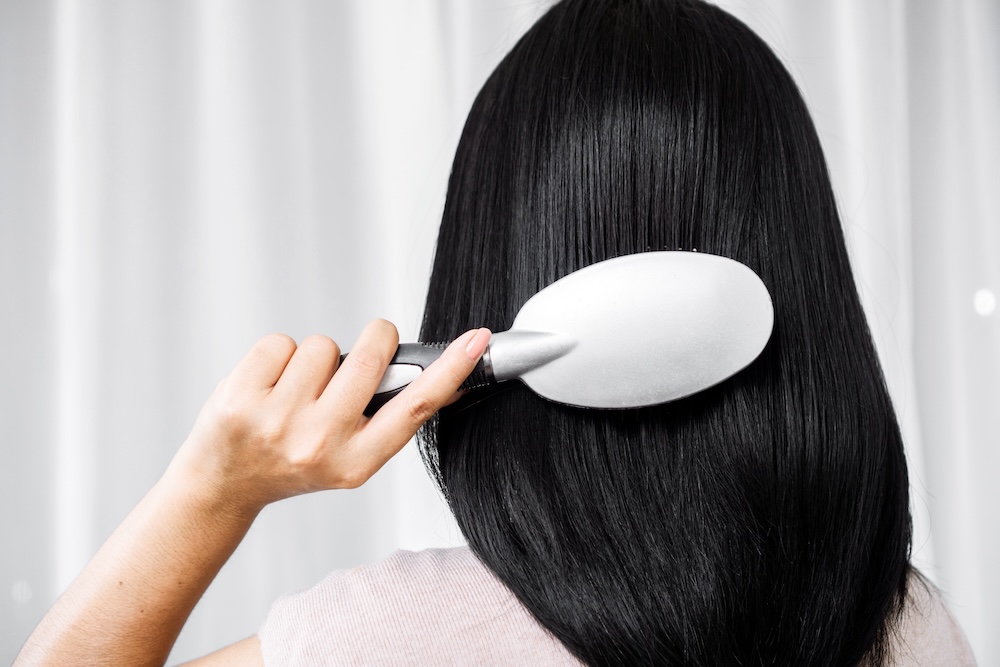Hot vs Cold Water for Hair Washing: The Pros, Cons, and Benefits
Healthy Hair & Scalp Secrets

Paying close attention to hair and scalp health is a priority for many. One of the most basic yet essential hair care routines is shampooing. However, did you know that washing hair with hot or cold water can significantly impact the health of your hair and scalp? Surprisingly, the temperature of the water used during washing can be a crucial factor, one that often goes overlooked. So, what’s better for healthy, beautiful hair: washing with cold or warm water? We’ve got the answers to all your questions.
The Importance of Proper Hair Washing
Proper hair washing isn’t just about cleaning the hair. It also influences long-term hair and scalp health. Here are some benefits of washing hair correctly:
- Maintains good hygiene by removing dirt, oils, and dead skin cells from the hair and scalp, thus preventing bacterial and fungal buildup.
- Balances moisture levels, reducing issues like dryness or oiliness that can lead to scalp problems and damaged hair.
- Stimulates blood circulation in the scalp, promoting hair growth and keeping hair strong and healthy.
- Helps prevent other scalp issues such as dandruff, itching, irritation, and peeling.
Key Factors in Hair Washing that Directly Impact Hair Health
As we discussed earlier, washing hair properly plays a crucial role in hair and scalp health. But achieving healthy hair through the right washing method also depends on these factors:
1. Water Temperature and Quality
Washing hair with warm, hot, or cold water each has unique pros and cons. Alternating between warm water to open the hair cuticle and cold water to seal it can be beneficial. Additionally, water quality impacts hair health. For example, “hard water”, water high in calcium and magnesium, can make hair dry and prone to breakage, potentially even causing hair loss. One quick way to tell if you have hard water is if your shampoo doesn't lather as much or if you notice a buildup of minerals on your hair or scalp. Installing a water filter to remove calcium and magnesium can help soften your hair, reduce breakage, and improve overall hair health.
2. Type of Shampoo and Hair Care Products
Choosing the right shampoo and hair care products is essential for maintaining healthy hair. Look for gentle formulas containing natural ingredients such as ginger root, kaffir lime, centella, or aloe vera to cleanse and condition your hair effectively.
3. Scalp Massage Technique
While washing, gently massage the scalp with your fingers, moving gradually to cover the entire scalp. Avoid scrubbing or pulling on the hair. Gentle massage helps to stimulate blood flow and promote natural oil production.
4. Frequency of Washing
How often should you wash your hair? It depends on your hair type. If you have oily hair, washing daily or every other day is fine. But if you have dry hair, try to avoid washing too often. Every 2-3 days is usually enough to prevent your scalp from drying out and reduce the risk of hair loss.

Understanding Water Temperature: A Key Factor in Hair Washing
Water temperature has a direct effect on hair health. So, should you wash your hair with cold or warm water? Let’s break down the effects:
Water Temperature Effects on the Scalp
- Pore Opening and Closing
- Warm water: Opens pores, allowing for deep cleansing of dirt, oils, and dead skin.
- Cold water: Tightens pores, sealing in moisture and adding shine to hair.
- Blood Circulation Stimulation
-
- Warm water: Enhances scalp blood flow, delivering nutrients to hair roots and supporting hair growth.
- Cold water: Reduces scalp inflammation and itching, ideal for those with sensitive scalps.
The Impact of Water Temperature on Hair
- Hair Structure (Cuticle)
-
- Washing hair with warm water causes the cuticle to open, allowing cleansing agents and conditioning products to penetrate the hair shaft more effectively.
- Using excessively hot water can lead to excessive cuticle lifting, resulting in damaged, dry, and moisture-deprived hair.
- Hair Moisture
-
- Warm water: Helps hair absorb moisture, making it ideal when applying conditioner or treatments.
- Cold water: Seals the cuticle, retaining moisture in the hair and enhancing shine and manageability.
Best Water Temperature for Washing Hair
Each water temperature has specific benefits, making it suitable for different washing steps:
- Warm water (around 37°C/98°F) is best for initial washing and cleansing, as it effectively removes dirt and oil.
- Cold water (below 35°C/95°F) is perfect for the final rinse, closing the cuticle and enhancing hair’s natural shine.
How to Properly Wash Hair with the Right Water Temperature
Aside from understanding the benefits and drawbacks of washing hair with hot vs cold water, following the correct washing steps is essential. Here’s a simple three-step process:
- Start with warm water, especially for those with oily scalps, to open pores and prepare hair for a thorough cleanse.
- Apply shampoo and wash thoroughly, then rinse with warm water to remove dirt and shampoo. Follow with conditioner.
- For the final rinse, use cold or lukewarm water—test with the back of your hand to ensure it’s not too warm. This closes cuticles and pores, enhancing shine.
After learning the benefits of washing with the right water temperature, if you want to reduce scalp and hair issues, consider using Kaff & Co.’s shampoo for itchy scalp. Their kaffir lime and bergamot shampoo is crafted to naturally calm an irritated scalp with cold-pressed kaffir lime oil and ginger root extract, offering gentle, chemical-free cleansing to prevent hair loss and reduce excess oil buildup. For more information, call 095-973-5015 or contact us on LINE Official @kaffandco. You can also shop for promotional products on our website.
References:
- 5 Common Hair Care Misconceptions Debunked. Retrieved on October 3, 2024 from https://www.phyathai.com/th/article/3603-อยากดูแลเส้นผมให้ดี
- 7 Proper Hair Washing Methods for Strong, Healthy Hair. Retrieved on October 3, 2024 from https://www.gowabi.com/blog/2022/04/the-right-way-to-wash-your-hair/